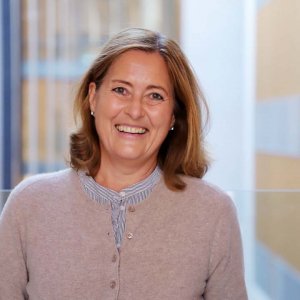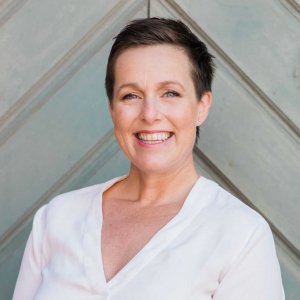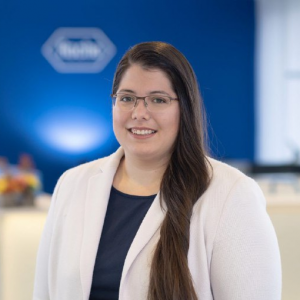Meet our new members
Meet the members who recently joined or re-joined our cluster.
A warm welcome to our newest members! Oslo Cancer Cluster’s diverse member base includes university hospitals, research centres, patient organizations, start-ups, biotech and technology companies, global pharma, investors, financial institutions, and service providers. Together, they cover the whole spectrum of oncology, contributing to a unique ecosystem that accelerates the development of innovative cancer treatments. Oslo Cancer Cluster works tirelessly together with our members to enhance the development of novel cancer diagnostics and therapies to improve patients’ lives worldwide.
We are proud to announce that the following companies have recently joined our cluster:
We had the opportunity to speak with the companies this week and let them introduce themselves. Read on to learn more about why they joined the cluster, and what they’re currently working on:

ARTBIO is a clinical-stage radiopharmaceutical company redefining cancer care by creating a new class of alpha radioligand therapies (ARTs). Alpha radioligand therapeutics are gaining attention as a promising experimental modality for delivering lethal radioactivity directly to cancer cells. The unique ARTBIO approach selects the optimal alpha-precursor isotope (Pb-212) and tumour-specific targets to create therapeutics with the potential for the highest efficacy and safety. ARTBIO is currently advancing multiple pipeline programs with lead program AB001 first in human trials. ARTBIO is shaped by a long-standing scientific legacy with nearly a century of pioneering work in radiation therapy conducted at the University of Oslo and Norway’s Radium Hospital.
We are excited to be accepted as members of Oslo Cancer Cluster and look forward to collaborating with this rich ecosystem of leading healthcare institutions, researchers, and innovative stakeholders to empower patient-centric advances in cancer care, says Conrad Wüller, Director of strategy and operations

Cody is a Norwegian company developing products, lab equipment and production machinery. With a core competence in mechanical engineering and advanced automation. Cody has extensive experience in developing tailor-made GMP production and packaging solutions for radiopharmaceuticals and other pharmaceuticals. Cody works closely with their customers in the various phases of the development processes to find efficient, robust, and safe production solutions for both the clinical stages and commercial production.
We are excited about the growing number of radiopharmaceutical companies in Norway, and we will do our part in bringing the products to production. Cody has been working in the radio pharma industry since 2011, and we are now looking forward to being a part of Oslo Cancer Cluster, make new connections, and create new opportunities together, says Ken Andre Kihle, CEO

Exact Sciences is a provider of cancer screening and diagnostic tests, focusing on cancer prevention, early detection, and personalised treatment. Their invention Cologuard and Oncotype DX (ODX) tests have seen success in various markets. The tests, now available in Norway, received a favourable Single Technology Assessment (STA) from the National Institute of Public Health (FHI) in October 2023. The company awaits the final decision by the Decision Forum (Beslutningsforum) for ODX to be publicly available and reimbursed across all Norwegian Cancer Clinics. ODX predicts chemotherapy benefits, identifying a significant portion of Breast Cancer patients (HR+/HER2-neg) who can avoid unnecessary adjuvant chemotherapy, reducing side effects and improving quality of life.
As a member of Oslo Cancer Cluster, we align with our commitment to enhancing the lives of cancer patients through the accelerated development of new diagnostics and treatments. Our focus on precision medicine and personalized treatment decisions is shared by the Cluster, and we value being a part of the collaborative and innovative environment, says Glenn Gundersen, Country Manager and PhD.

Fortrea is a clinical research organization that specializes in developing treatments for cancer patients. The company has a long history in clinical development and draws on expertise from its predecessors, Covance and Labcorp Drug Development. In July 2023, Fortrea became an independent company and now has a dedicated team of over 2,400 oncology specialists, including 60 medical oncologists. They work with more than 30,000 cancer centers in 90 countries and have experience in over 40 different types of cancer. With their experiences and dedicated team, Fortrea possesses the necessary insights, experience, scale, and processes to expedite the delivery of new treatments to cancer patients.
Fortrea is well-equipped to assist Oslo Cancer Cluster members in advancing their assets through clinical research and onto the next stage of development, thanks to our extensive scale and experience, says Norma Aspajo Vidal, the Director of Business Development

LINK Medical is a leading clinical research organization and regulatory service provider offering a wide range of expertise, flexible services, and innovative technologies for the pharmaceutical and medical device industries across Northern Europe and beyond. LINK Medical was founded in Oslo in 1995, and has over 145 dedicated colleagues in the Nordics, UK, and Germany, with a variety of specialist backgrounds. LINK Medical wants to help Oslo Cance Cluster members with a local presence in their development of cancer treatment and diagnostics. With their long experience in conducting complex clinical trials, and over 90 oncology studies. In addition, Link Medical’s regulatory team has extensive experience with supporting all stages of medical product development.
We are so delighted to once again be a member of Oslo Cancer Cluster, and we look forward to supporting the product development journey of Oslo Cancer Cluster members in their endeavours to help improve the lives of patients. Our vision is to advance health innovations, and we truly believe that LINK Medical continues to play an important role in the eco-system of developing life-saving products, says Sissel Lønning Andresen, CEO.

SurViva is a consultancy firm based in Norway that specializes in providing quality assurance (QA) services and digital quality management systems (eQMS) to clients in the food, pharmaceutical, and medical device industries. They offer customized quality packages to meet the specific needs of individual companies. The company’s goal is to promote activity and value creation in Norway by helping life science companies develop and professionalize their systems and processes. SurViva shares the vision of the Oslo Cancer Cluster to accelerate cancer treatments and diagnostics that improve patients’ lives.
We believe we can contribute to this goal by reducing barriers, saving time and costs for companies, and enabling accelerated development of new cancer treatments, shares Astrid Hilde Myrset, CEO.

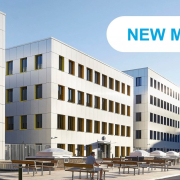
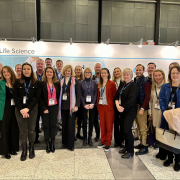
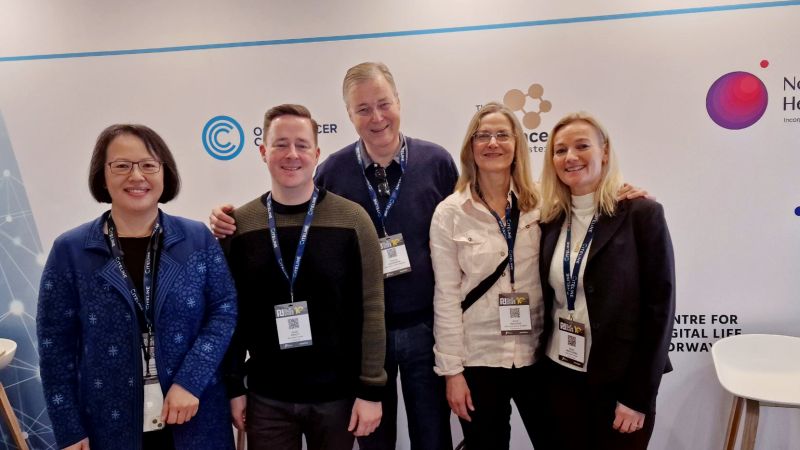
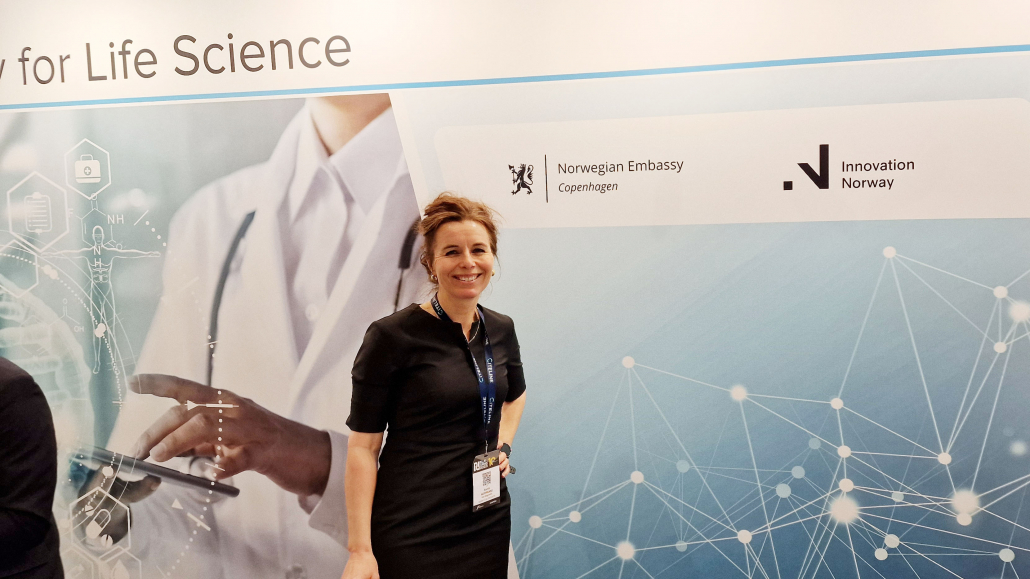
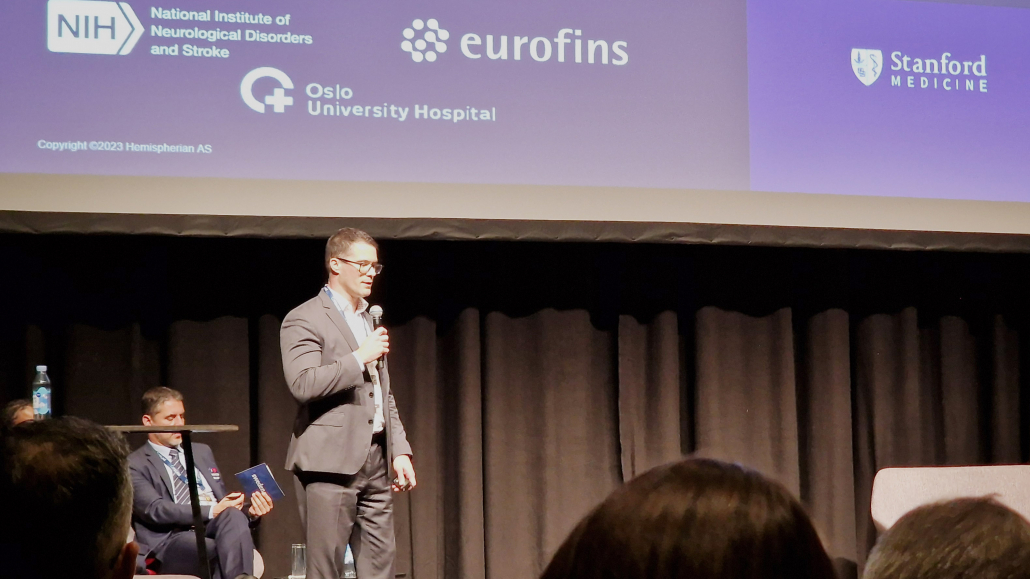
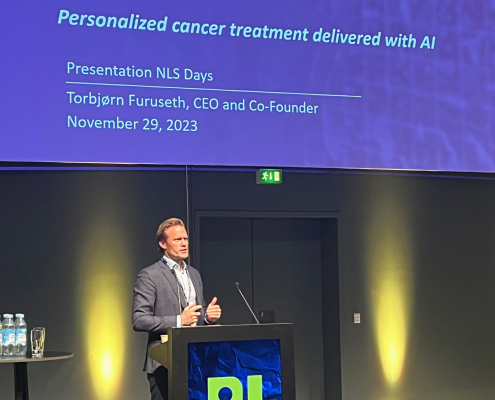
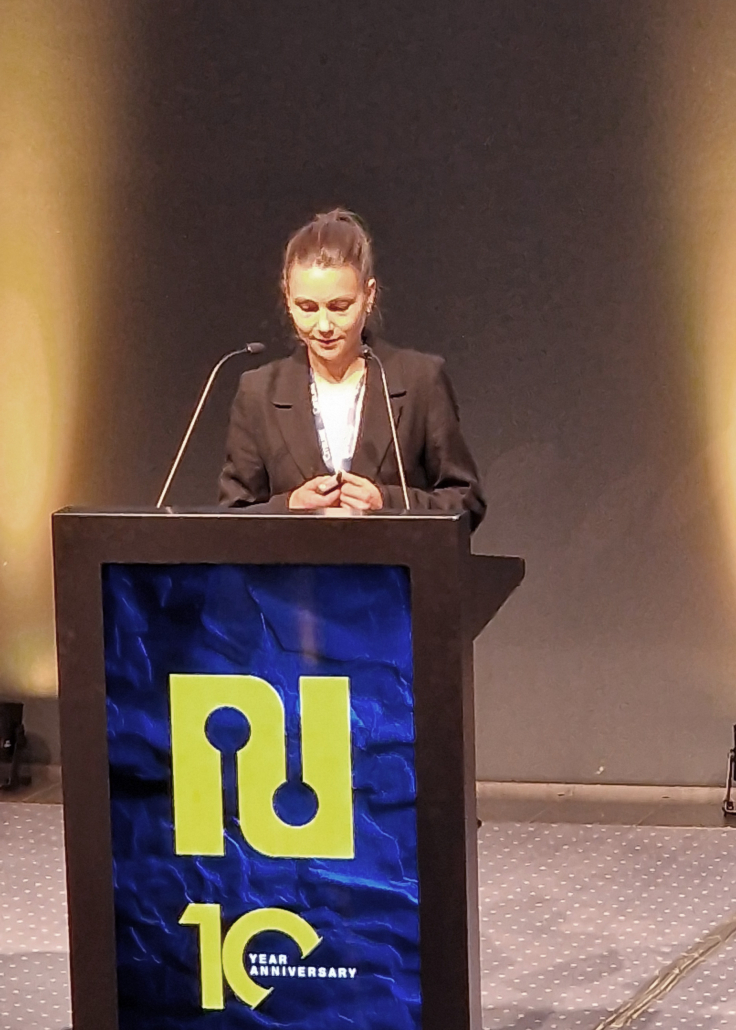
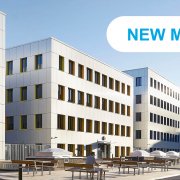
 Kaiku Health
Kaiku Health